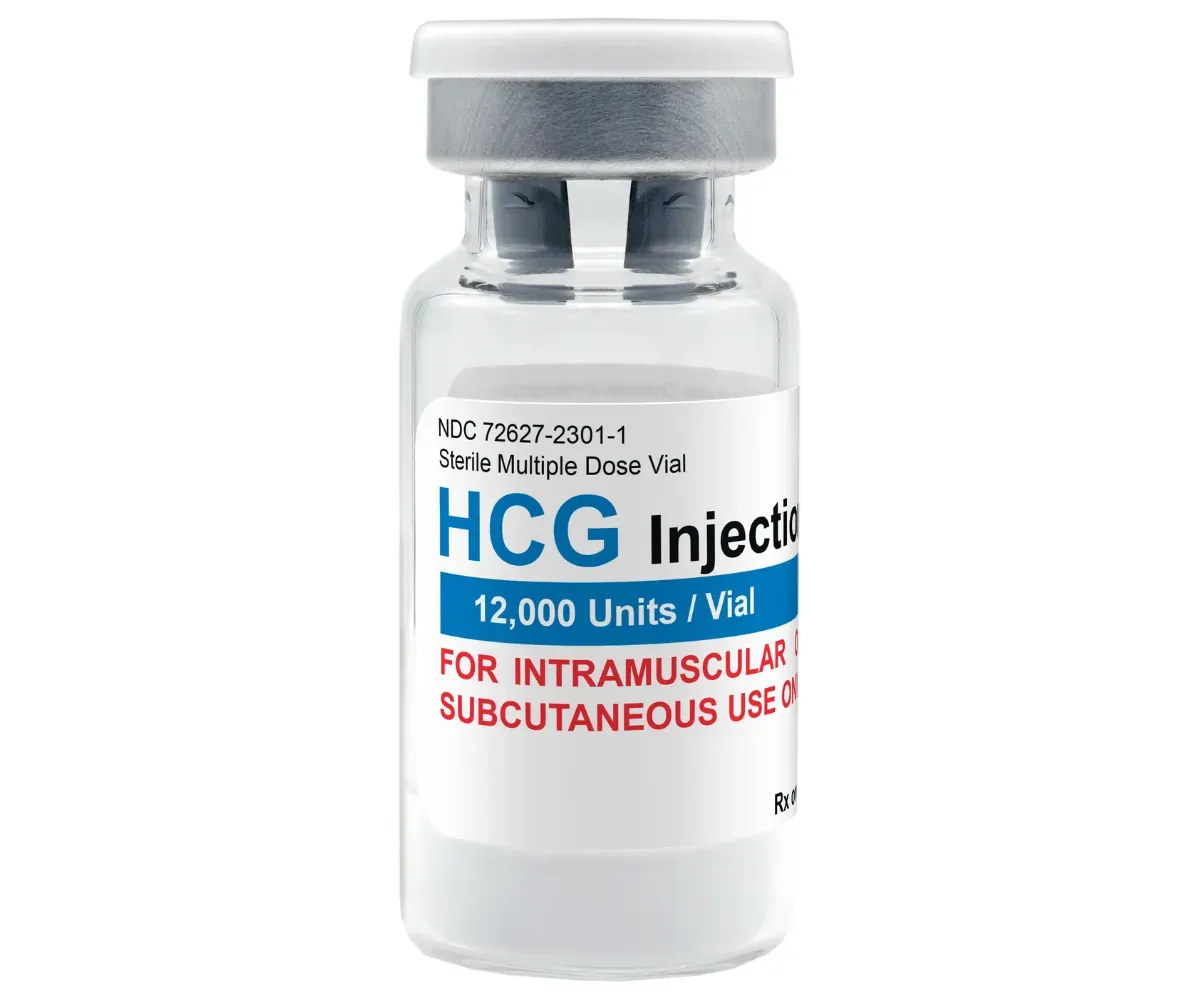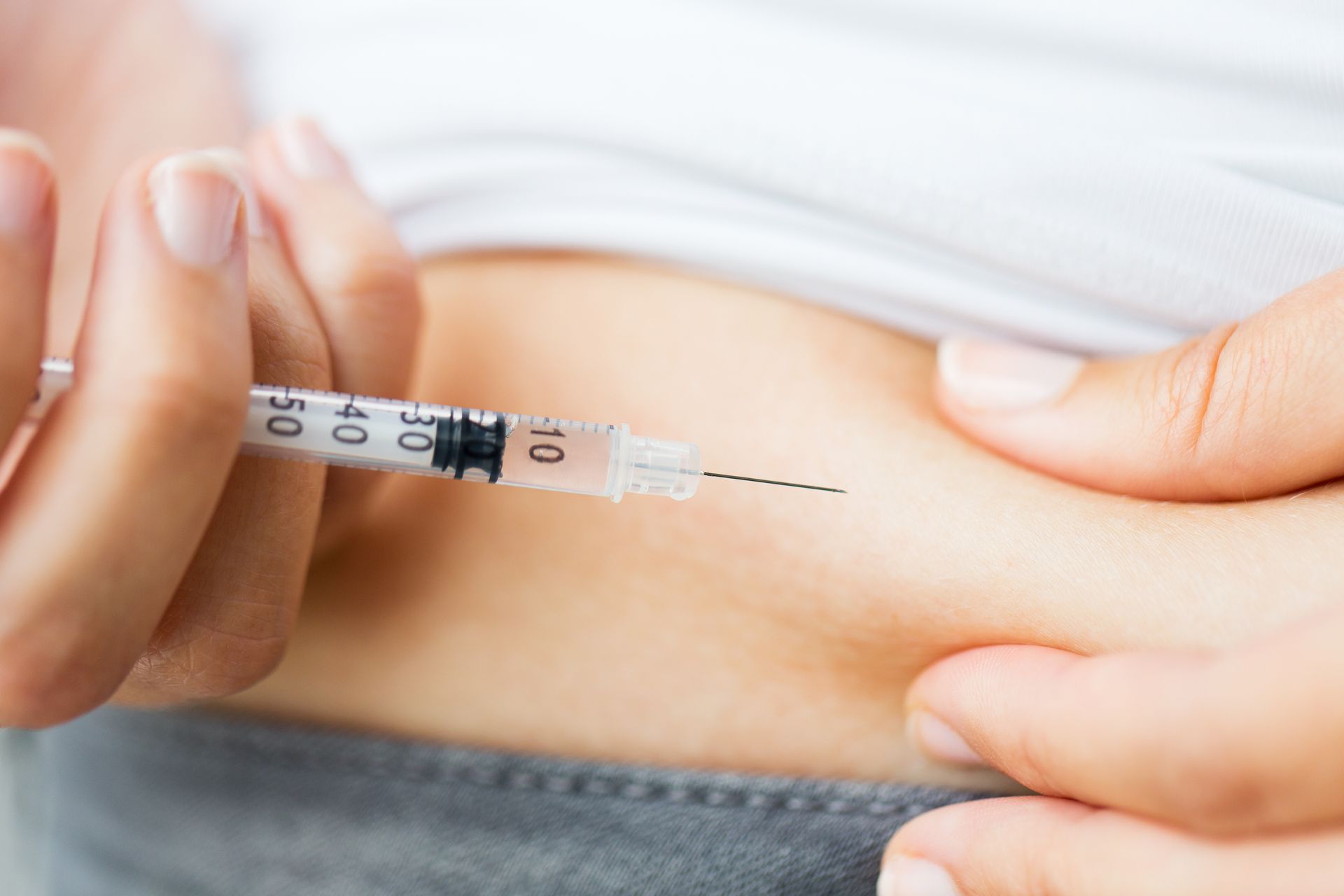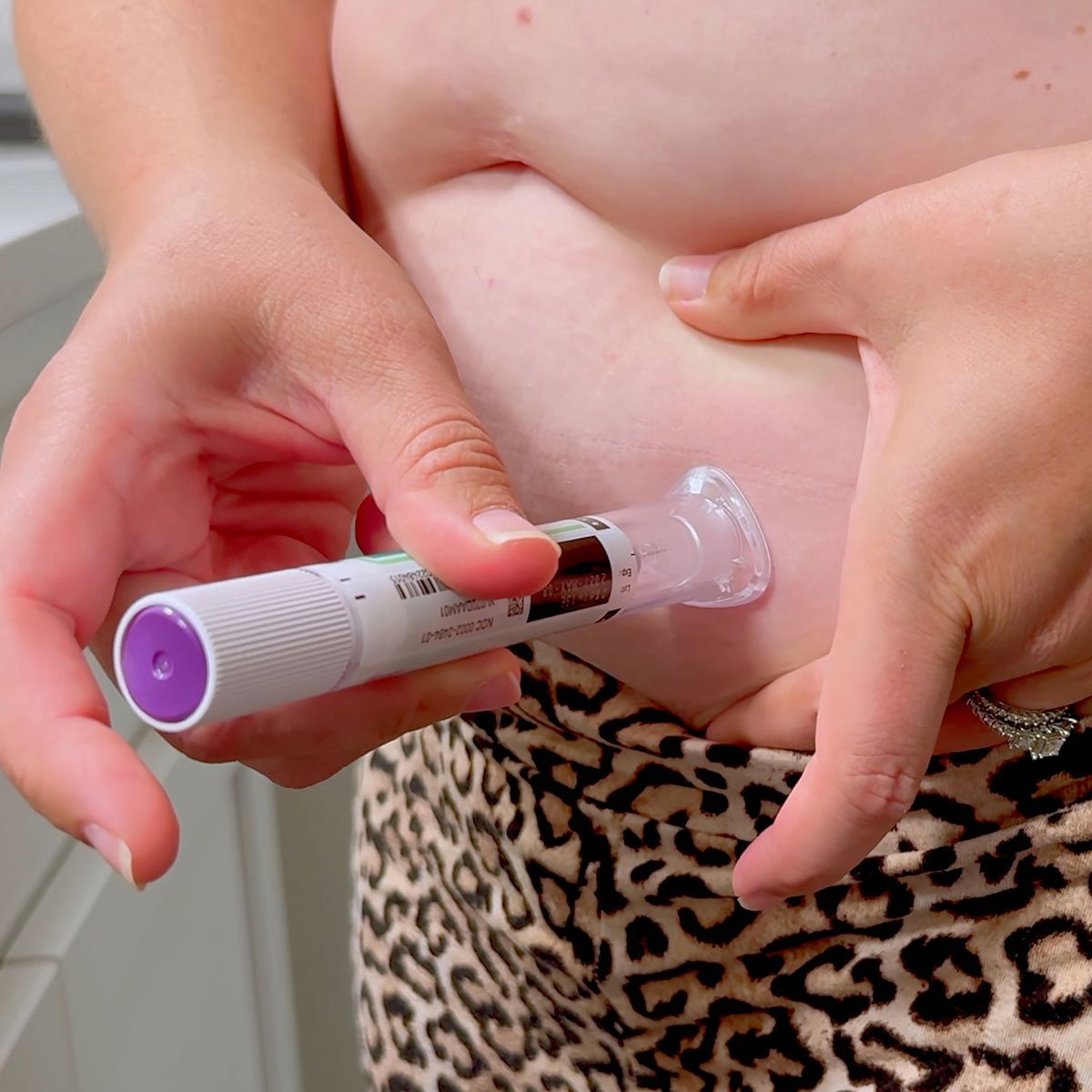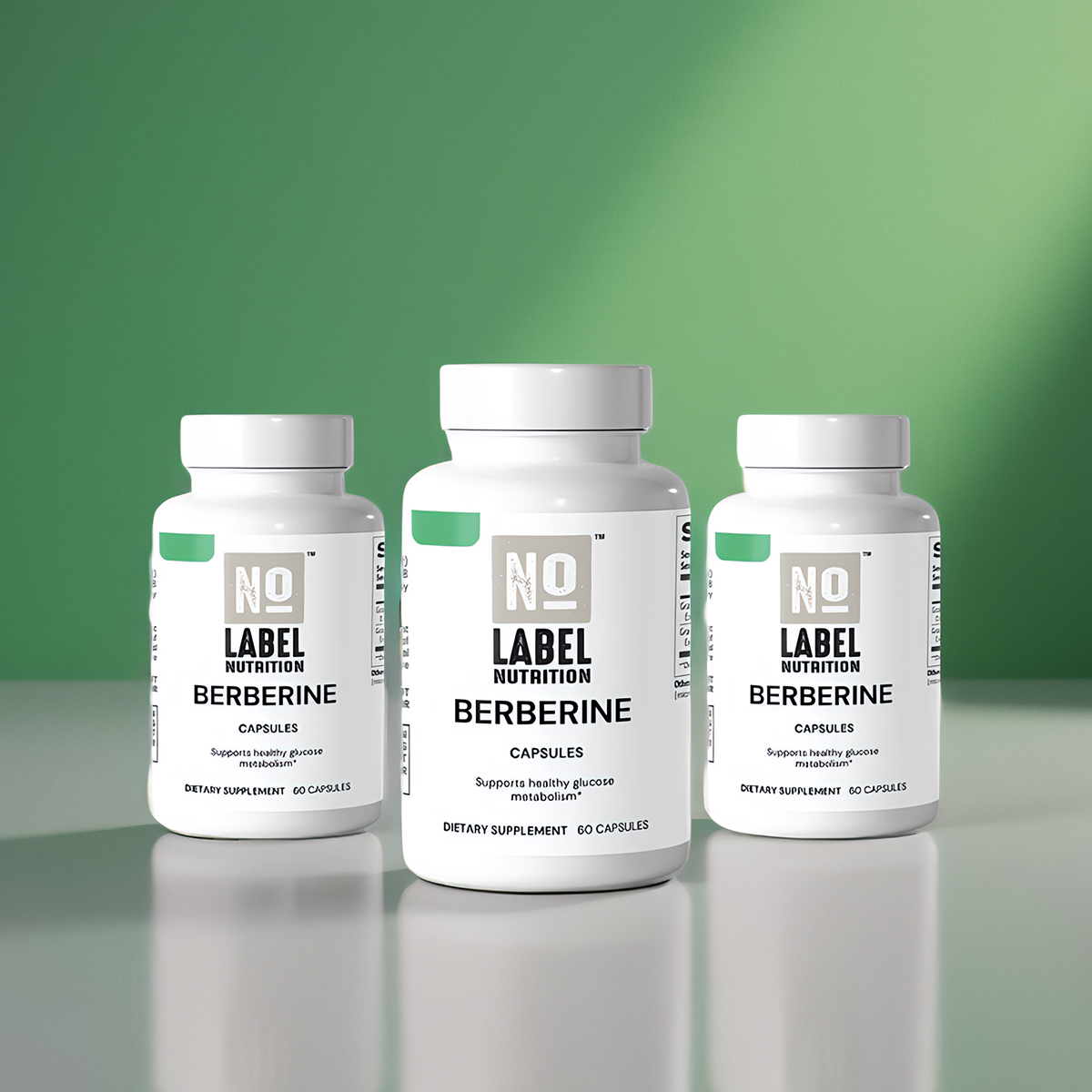The Hidden Dangers of the HCG Diet | Kansas City Laser-Like Lipo®
The Hidden Dangers of The HCG Diet | Kansas City Laser-Like Lipo®

Photo Credit: Defy Medical
At Kansas City Laser-Like Lipo®, we always strive to keep our clients well-informed about their health and the best weight loss solutions. As we explore the realm of dieting, one diet stands out for its controversy and potential health risks: the HCG Diet. Despite its promises of rapid weight loss, the dangers of this regimen should not be overlooked. Let’s dive deep into the origins, workings, and risks associated with the HCG Diet.
The Birth of the HCG Diet
The HCG Diet, also known as the Human Chorionic Gonadotropin Diet, was developed in the 1950s by Dr. Albert Simeons. He claimed that a low-calorie diet, combined with HCG injections, could help people shed excess weight. HCG is a hormone produced during pregnancy, and according to Dr. Simeons, it helps in mobilizing fat stores, thereby assisting in weight loss.
A Closer Look at the Diet’s Structure
One of the most shocking details about the HCG Diet is its severe caloric restriction. While most dietary guidelines recommend intakes ranging from 1,200 to 2,000 calories per day for weight loss, depending on factors like age, gender, and activity level, the HCG Diet prescribes a mere 500 calories per day. This is a drastic drop from the typical calorie intake and can result in immediate weight loss. But at what cost?
FDA's Take on HCG Diet
The popularity of the HCG Diet saw a resurgence in the early 21st century, with many over-the-counter products and homeopathic treatments claiming to contain HCG and promising swift weight loss. However, in 2011, the U.S. Food and Drug Administration (FDA) began taking action against these claims. The FDA stated that over-the-counter HCG products used in tandem with a low-calorie diet are fraudulent and illegal, citing a lack of evidence that HCG brings about weight loss beyond what a drastic caloric restriction would cause.

Photo Credit: Shutterstock
The Hidden Dangers
As with any drastic dietary intervention, the HCG Diet carries a range of side effects, some more severe than others:
1. Hair Loss: One of the most alarming side effects is hair loss. Malnutrition, due to the extreme caloric restriction, deprives the body of essential nutrients, leading to weak hair follicles and eventual hair loss.
2. Loss of Muscle Mass: One reason individuals see dramatic weight loss initially with the HCG Diet is not only due to fat loss but also significant muscle loss. With inadequate protein and calorie intake, the body starts to break down muscle tissue to derive energy, leading to muscle wasting.
3. Nutritional Deficiencies: A mere 500 calories per day doesn’t provide the body with the essential nutrients it requires to function optimally. Over time, this deficiency can lead to severe health complications.
4. Gallstone Formation: Rapid weight loss can lead to the formation of gallstones, which may require surgical intervention if they cause symptoms.
5. Irregular Heartbeats and Imbalances: A very low-calorie diet can affect the heart's rhythm and lead to electrolyte imbalances.
6. Bone Loss: Insufficient nutrient intake, especially calcium and vitamin D, can lead to reduced bone density, increasing the risk of fractures.
7. Mood Swings and Mental Health: Extreme dieting can lead to mood swings, depression, and anxiety due to the body's stress response to malnutrition.
Kansas City Laser-Like Lipo®'s Standpoint
At Kansas City Laser-Like Lipo®, our commitment is to the health and well-being of our clients. While the allure of quick weight loss is tempting, it's essential to consider the long-term impact on one’s health. The HCG Diet, though promising on the surface, has potential pitfalls that may outweigh its benefits.
We advocate for safe, sustainable, and holistic approaches to weight loss. It’s not just about shedding pounds but doing so in a manner that ensures your body remains healthy, vibrant, and nourished.
Conclusion
While the HCG Diet promises rapid results, the dangers and long-term repercussions should give one pause. At Kansas City Laser-Like Lipo®, we encourage everyone to make informed decisions about their health and well-being. Rapid weight loss at the cost of your health isn’t a price worth paying. Choose methods that are sustainable, safe, and have your body's best interests at heart. Remember, your health is an investment, not an expense.











Share On: